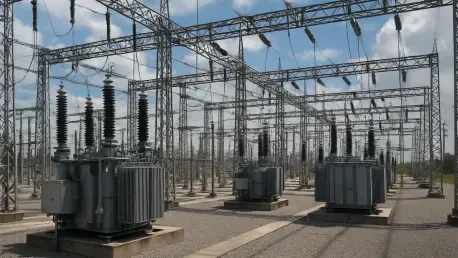
As we dive into the evolving landscape of renewable energy interconnection, I’m thrilled to sit down with Christopher Hailstone, a seasoned expert in energy management and electricity delivery. With his deep knowledge of grid reliability and security, Christopher offers invaluable insights into the

In a world increasingly driven by artificial intelligence, an unseen crisis brews beneath the surface of digital innovation, threatening the stability of our power systems. Data centers, the powerhouses behind AI's rapid advancements, are consuming electricity at an unprecedented rate, with some

In the heart of a sweltering summer, when air conditioners hum non-stop and the grid strains under peak demand, a hidden battle brews over who foots the bill for keeping the lights on. Across the PJM Interconnection region, spanning 13 states and serving over 65 million people, utilities face a

What happens when a storm roars through a community, leaving homes dark not just for a fleeting moment, but for days on end? Across the United States, this troubling reality is unfolding as extreme weather events—hurricanes, wildfires, and blizzards—push power grids to their breaking point,

In a world where energy demands are skyrocketing and grid reliability is under constant strain, a subtle yet powerful transformation is taking place, driven not by sweeping government mandates but by the ingenuity of private enterprises. Beneath the surface of headline-grabbing topics like

Introduction Puerto Rico’s journey from a shattered energy grid to a pioneering model of sustainability stands as a remarkable testament to human resilience and technological innovation, especially after enduring the longest blackout in U.S. history following Hurricane Maria in 2017. The island